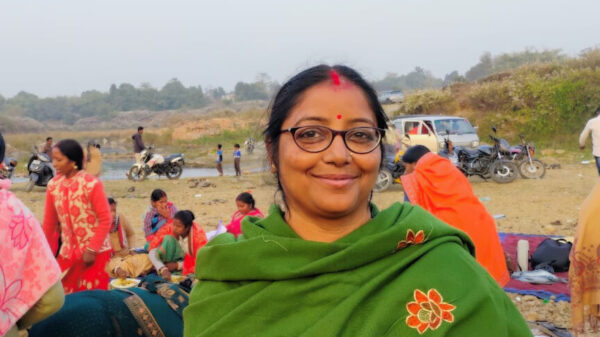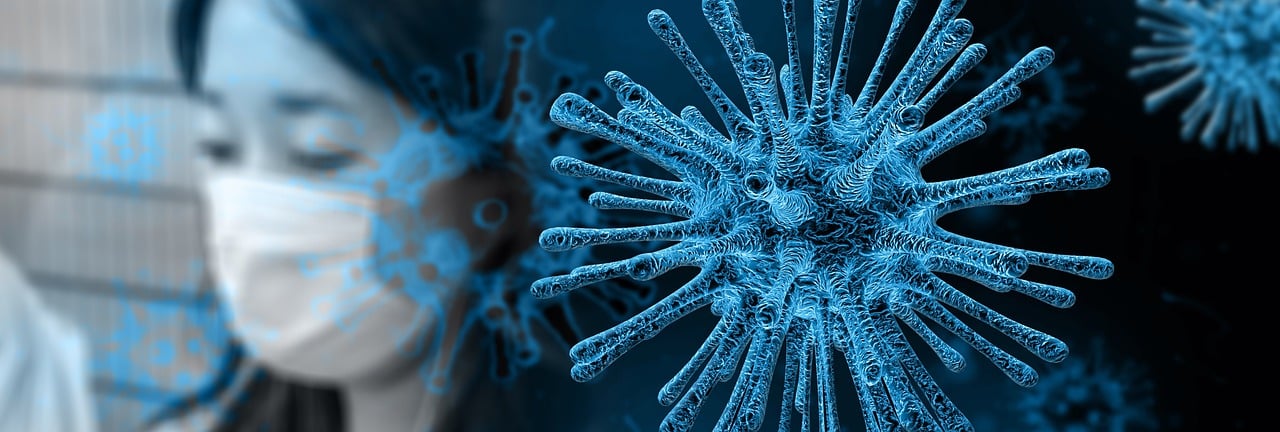An 8-month-old child in Bengaluru has tested positive for Human Metapneumovirus (HMPV), raising concerns as reports indicate a surge in cases in China. The child, who has no travel history, is receiving treatment at a private hospital in the city, as confirmed by the Karnataka Health Department.
The case has been reported to the Union Health Ministry, though officials have not yet determined whether the strain found in Bengaluru is related to the one causing the rise in cases in China. Chinese authorities have downplayed the surge, describing it as a “seasonal reoccurrence” tied to the winter season and reassured the public that travel within the country remains safe.
In response to the situation, India’s National Centre for Disease Control (NCDC) is closely monitoring respiratory infections and influenza cases nationwide. The NCDC is coordinating with international health organizations to track developments concerning HMPV, with a senior official stating, “We will continue to monitor the situation closely and validate information accordingly.”
Director General of Health Services, Dr. Atul Goel, reassured the public that HMPV, while causing common cold-like symptoms, is generally not severe. He said that the virus could lead to flu-like symptoms in young children and the elderly, but basic precautions such as avoiding close contact when ill and practising respiratory etiquette could help prevent its spread.
Dr. Goel further advised, “People should follow respiratory etiquette and take normal medicines for cold and fever as needed.”
What Is HMPV?
Human Metapneumovirus is a respiratory virus that affects both the upper and lower respiratory tracts. While most cases show mild symptoms such as cough, runny nose, and fever, it can cause more severe conditions, including pneumonia, in vulnerable groups like young children, the elderly, and immunocompromised individuals.
Experts recommend general preventive measures, such as regular handwashing, respiratory etiquette, and avoiding contact with sick individuals, to reduce the risk of infection.

































































